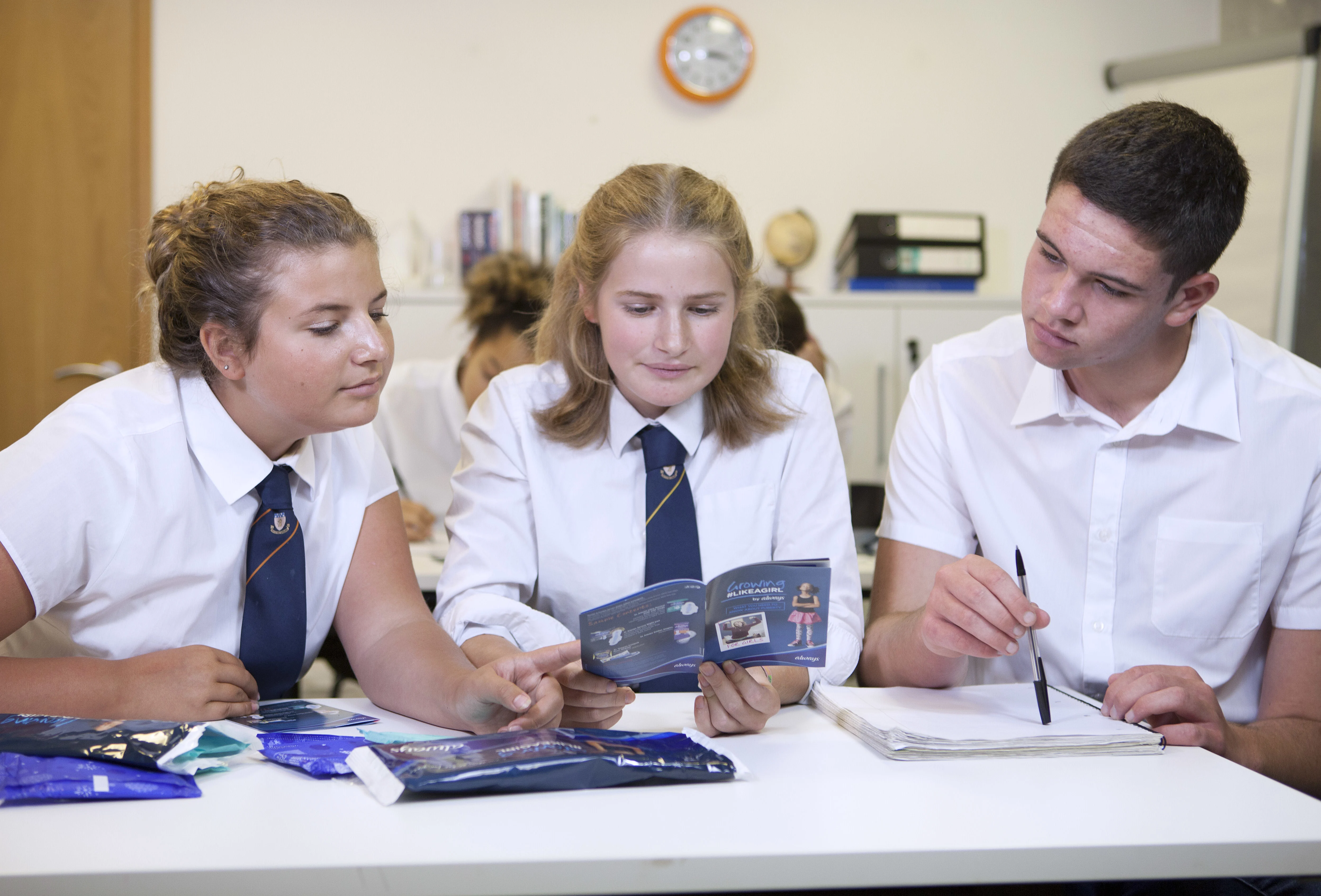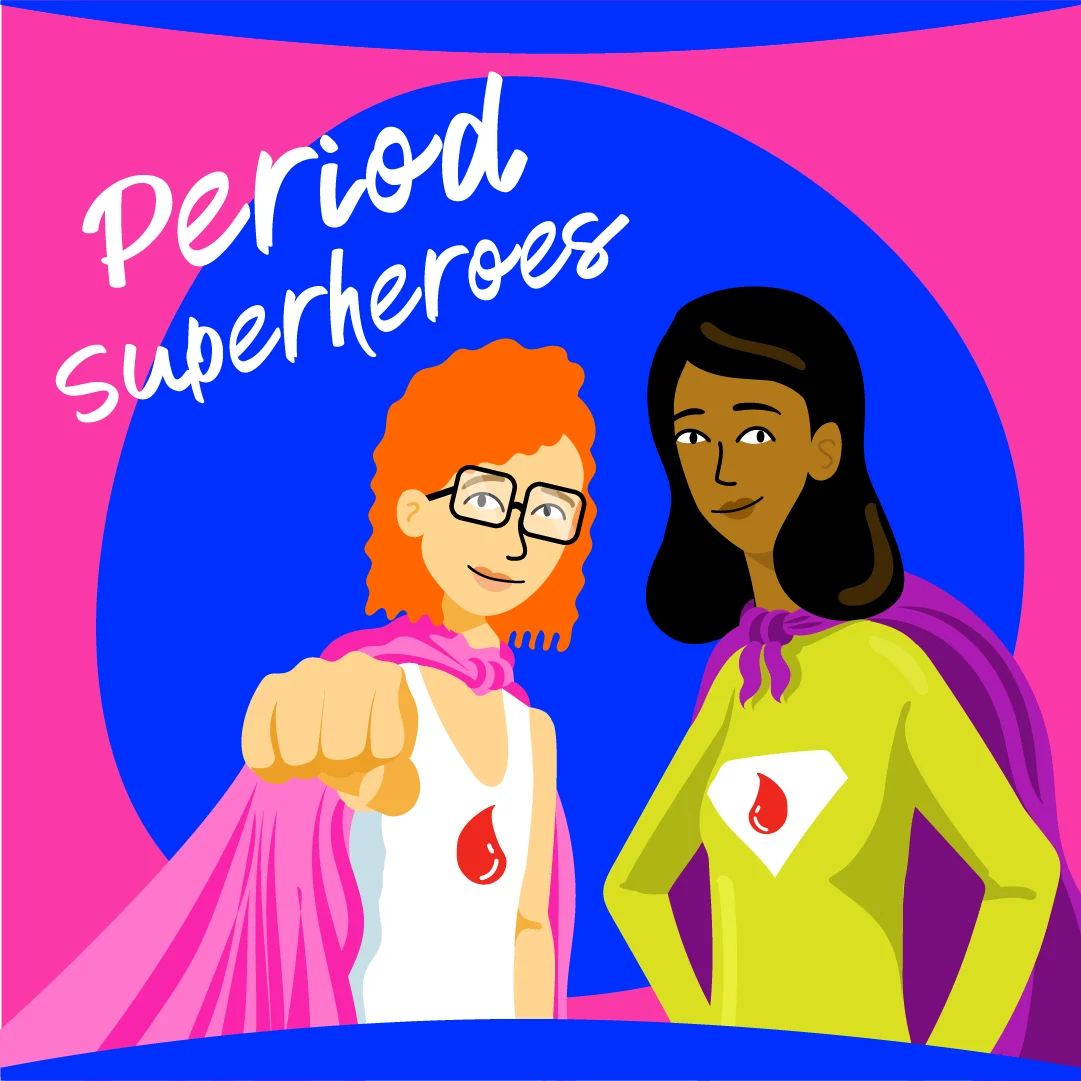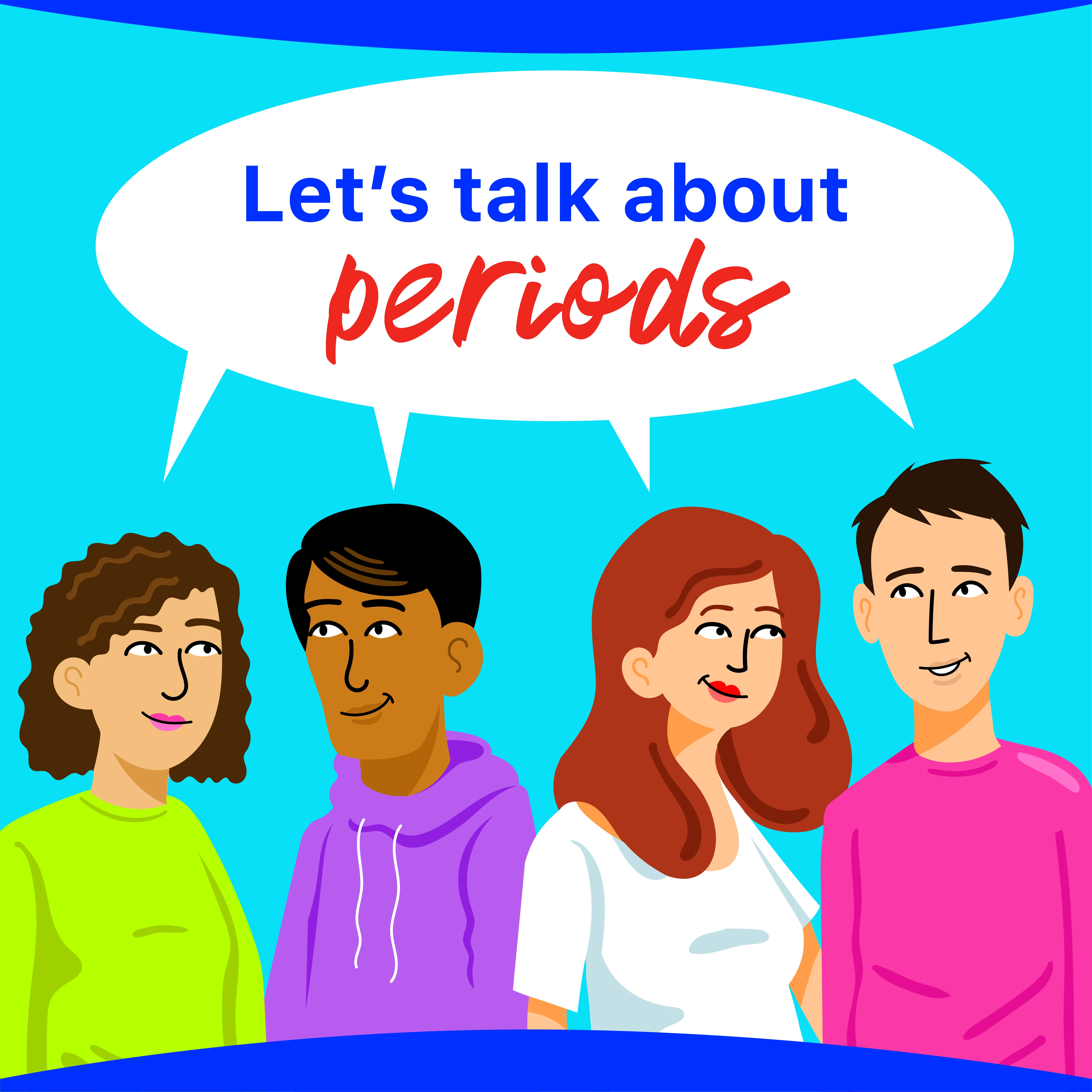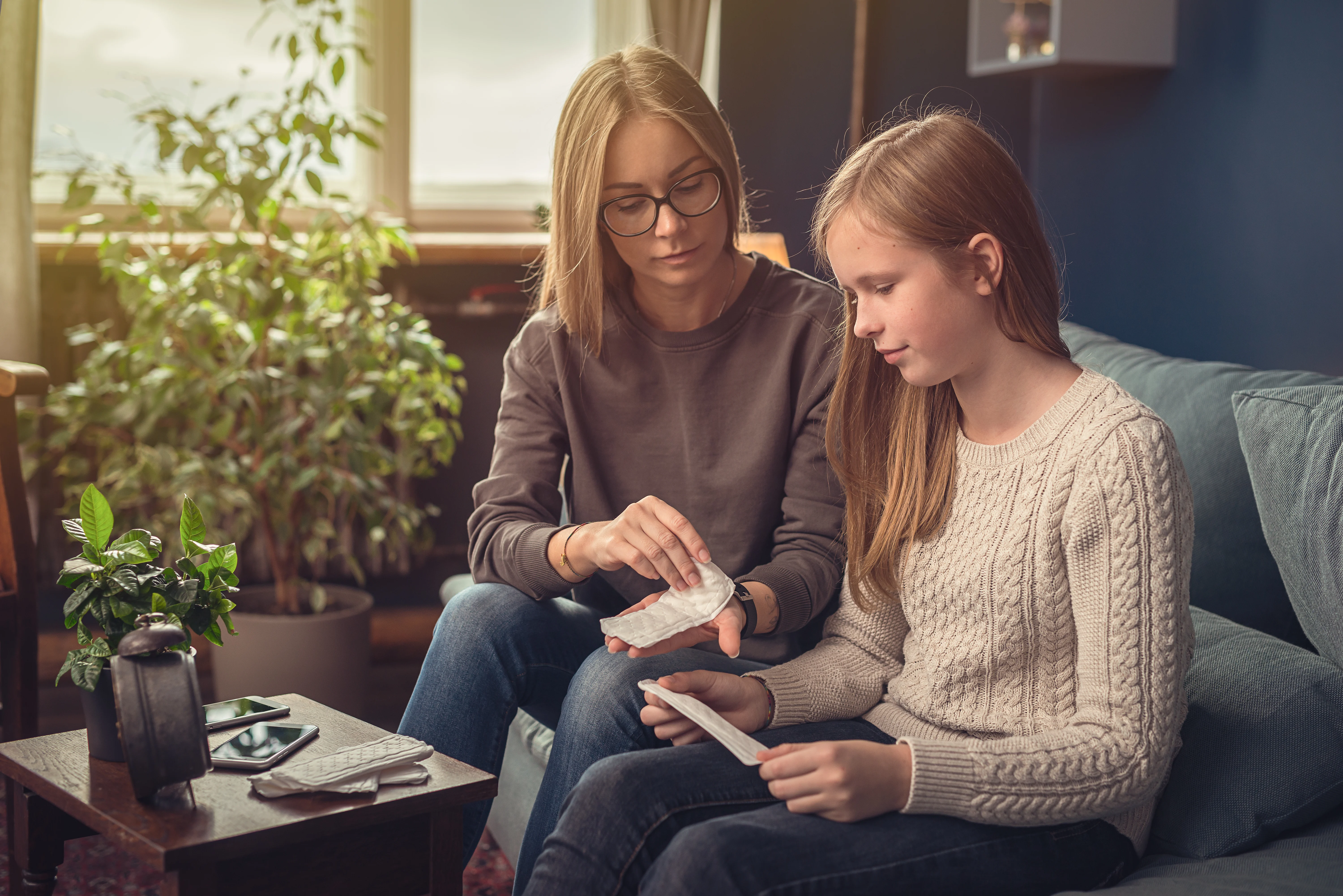
Breaking Period Stigma with a New Report from Always®


UK parents tasked with tackling period taboo during the COVID-19 pandemic.
A new report by Always shows that UK parents feel more responsible for educating their children about periods and are increasingly worried about access to period products as a result of pandemic related restrictions.
Hear from Plan International UK & Always:
Rose Caldwell, Chief Executive of Plan International UK, said: “Having co-chaired the Period Poverty Taskforce with the UK Government and P&G since 2019, we welcome these insights from girls and women as we continue to fight against period taboo and stigma. It’s clear that in the UK, as in other countries around the world, a culture of shame and silence is having a devastating impact on the lives of girls. There is clearly still much for us all to do if we are to address the toxic trio of period stigma, access to products, and education, which have been brought into even sharper focus during this pandemic.”
Aileen Nathan, Vice President, P&G Feminine Care, UK, Ireland and Nordics said “For more than 35 years, Always has been committed to normalising the conversation around periods and ensuring young people, and their supporters, feel prepared to navigate puberty with confidence by providing free educational resources and breaking societal taboos. This report demonstrates that there is still some work to be done and we all have a role to play in ensuring everyone can have healthy conversations about periods.”
The report finds that, in the UK:
- 1 in 3 young people don’t feel prepared for their first period
- 2 in 5 parents feel more responsible for teaching their kids about periods in light of pandemic related restrictions
- 85% of young people have tried to hide the fact that they’re on their period from those around them
- 2 in 5 young people have been shamed or teased because of their period
- Nearly 1 in 10 girls have missed school because they did not have access to period products
- 1 in 4 young people have seen periods referred to negatively in a movie or on TV
What can we do to help address these period related issues?
The report outlines the key actions that Always has identified as critical to ending period stigma and period poverty by 2030. This includes:
Encouraging society to talk more openly about periods by raising awareness of the issues and the positive impact that this openness will have.
Elevating the voices of young people who are already leading the charge against period shame.
Continuing to provide high quality puberty & confidence education to children, parents and broader society.
Continuing to address the lack of access to period products that too many people across the UK still face today.
The report also highlights the fact that if everyone talked openly about periods it would help young people with periods and women to feel more supported and confident. Reconfirming that everyone has a role to play in breaking the period stigma.


About the research
Menstrual Health & Hygiene “It’s Time to Talk” Report is based on 13 studies fielded in the UK between 2015 and 2020, by independent research agencies, including Glocalities, an international research agency specialised in consumer values. The most recent survey was conducted in partnership with Plan International UK.
About Plan International UK
Plan International UK is a global children’s charity. We work to give every child the same chance in life. In every child there’s a spark of imagination, curiosity and ambition. But not every child is born with the same opportunities. When you face poverty or violence the odds are stacked against you. When you’re a girl it’s even harder to be safe, in school and in charge of your body. All children deserve an education, health care and clean water. All children deserve the chance to thrive. We’re fighting so every child, especially every girl, knows their value. We’re fighting so the communities they’re growing up in – and the world around them – value them too. And if disaster strikes we’re there to protect children, keep them learning and help them recover.



